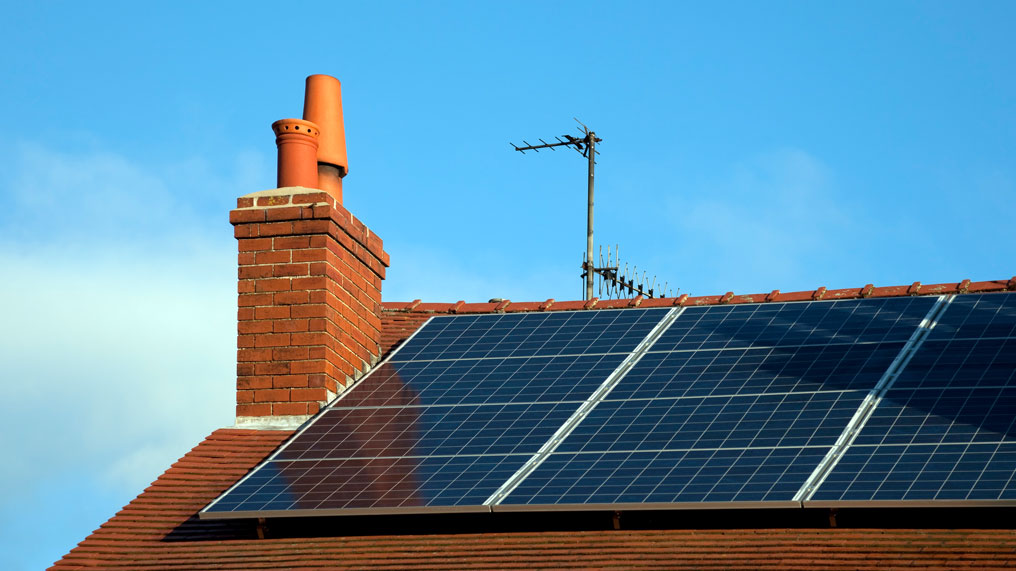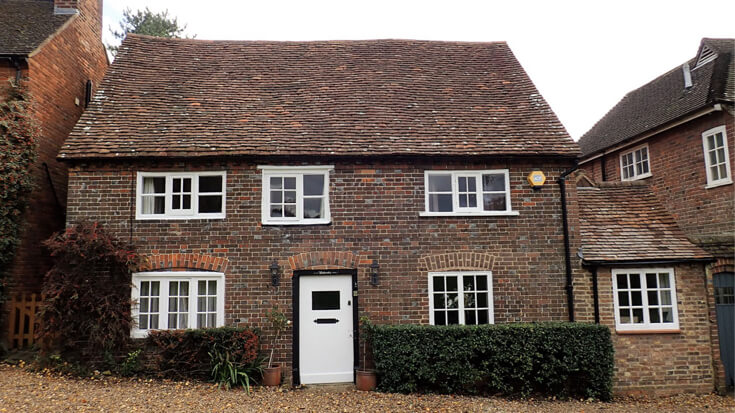Mortgage payments, energy costs, council tax, home insurance, water charges… it can seem like the list of bills for your property is never-ending.
Here’s our rundown of all the costs you need to consider, and some ideas on how to reduce them.
Water bills
According to Water UK, the national average water and sewage bill for 2025/26 is forecast to be £603. That's a rise of £123, or 26%.
Unlike utility suppliers for gas and electricity, your water supplier is fixed for your location and can’t be changed.
Your water bill will be worked out in one of three ways:
Metered. You’ll receive a bill based on how much water, and waste water, you use.
Assessed. If you don’t have a water meter, your usage could be assessed based on the size of your home and the people living in it.
Unmetered. Some people may be billed based only on the size of the property.
Depending on how much water you use, switching to a meter could save you money. Check out the Consumer Council for Water’s water meter calculator to see if you could benefit from switching.
Mortgage costs
Your mortgage is likely to be your biggest monthly outgoing. If you haven’t reviewed yours for several years and you’re currently on your lender’s standard variable rate, you might want to see if you could cut costs by remortgaging. For example, based on a typical £150,000 25-year repayment mortgage, monthly payments would cost you £1,013 on the average standard variable rate of 6.50%.
If you remortgaged to a fixed rate deal over two or five years, you could save money by moving to a lower interest rate.
Council tax bills
In April 2025, council tax bills in England will increase by an average of up to 5%, meaning the average household faces an increase of over £100 a year.
Students and those living alone may be eligible for a discount, and it’s possible your home may be in the wrong council tax band.
Insurance premiums
Buildings and contents insurance is essential if you want financial protection should anything happen to your property or possessions.
You can usually reduce costs by paying up-front, if you can afford to, rather than monthly. You may also want to think about increasing your excess – the portion of any insurance claim you must pay yourself. This will lower the cost of your insurance, but remember that the cost to you will be higher if you make a claim.
You should also shop around and get quotes from several insurance providers at renewal, so you can be sure your cover is still competitive.
Energy bills
The best energy tariff for you will depend on where you live and how much energy you use, so it’s worth regularly checking you’re on the best possible deal.
You can also reduce your bills by making sure your're as energy efficient as you can be. For example, according to the Energy Saving Trust, if you take shorter showers, you could save yourself some money. If you limit your daily shower to four minutes, it can save your household £60 a year.
You can save roughly another £45 a year just by remembering to turn your appliances off standby mode, and around £7 a year by turning off lights when not using them.




